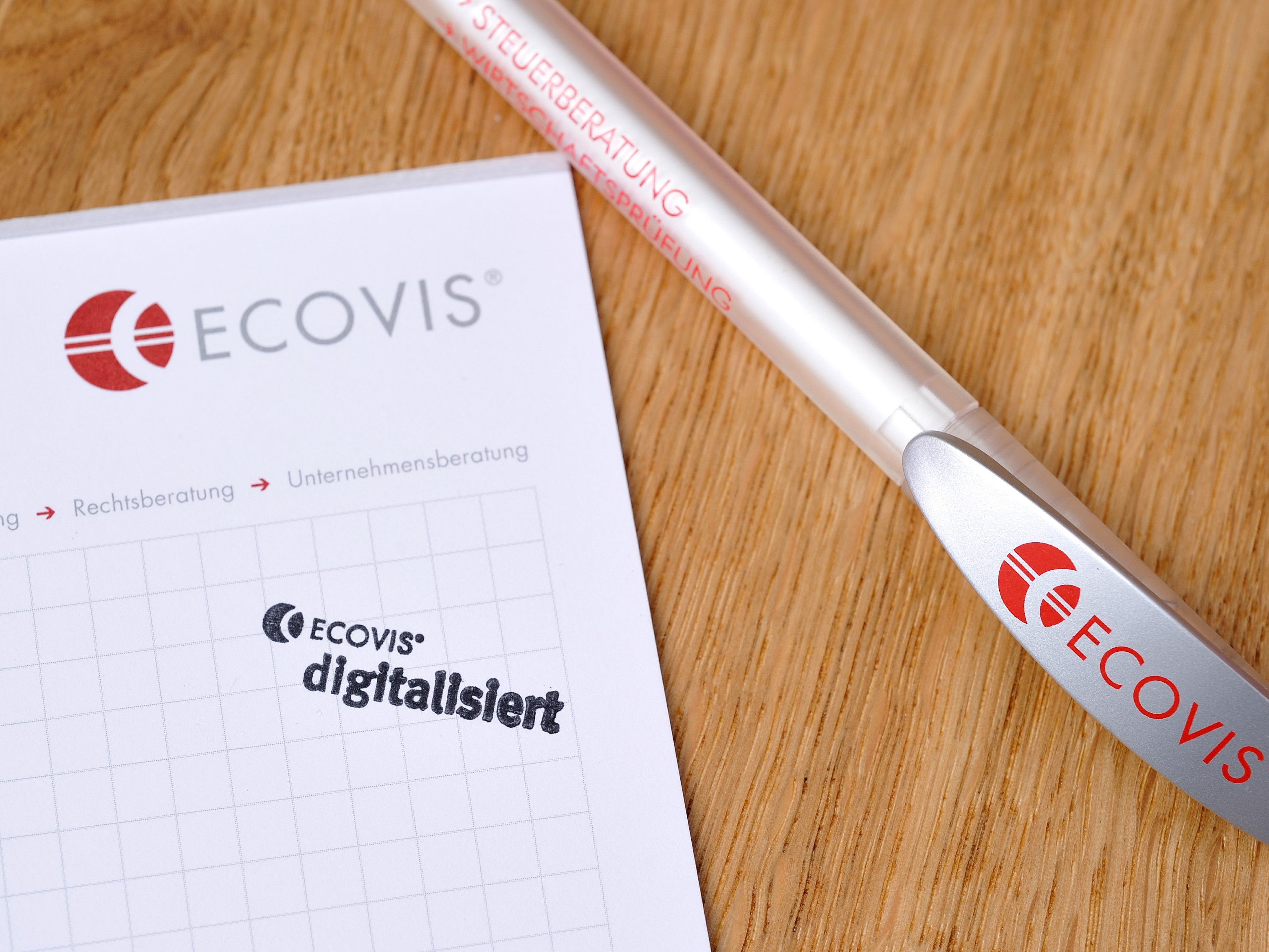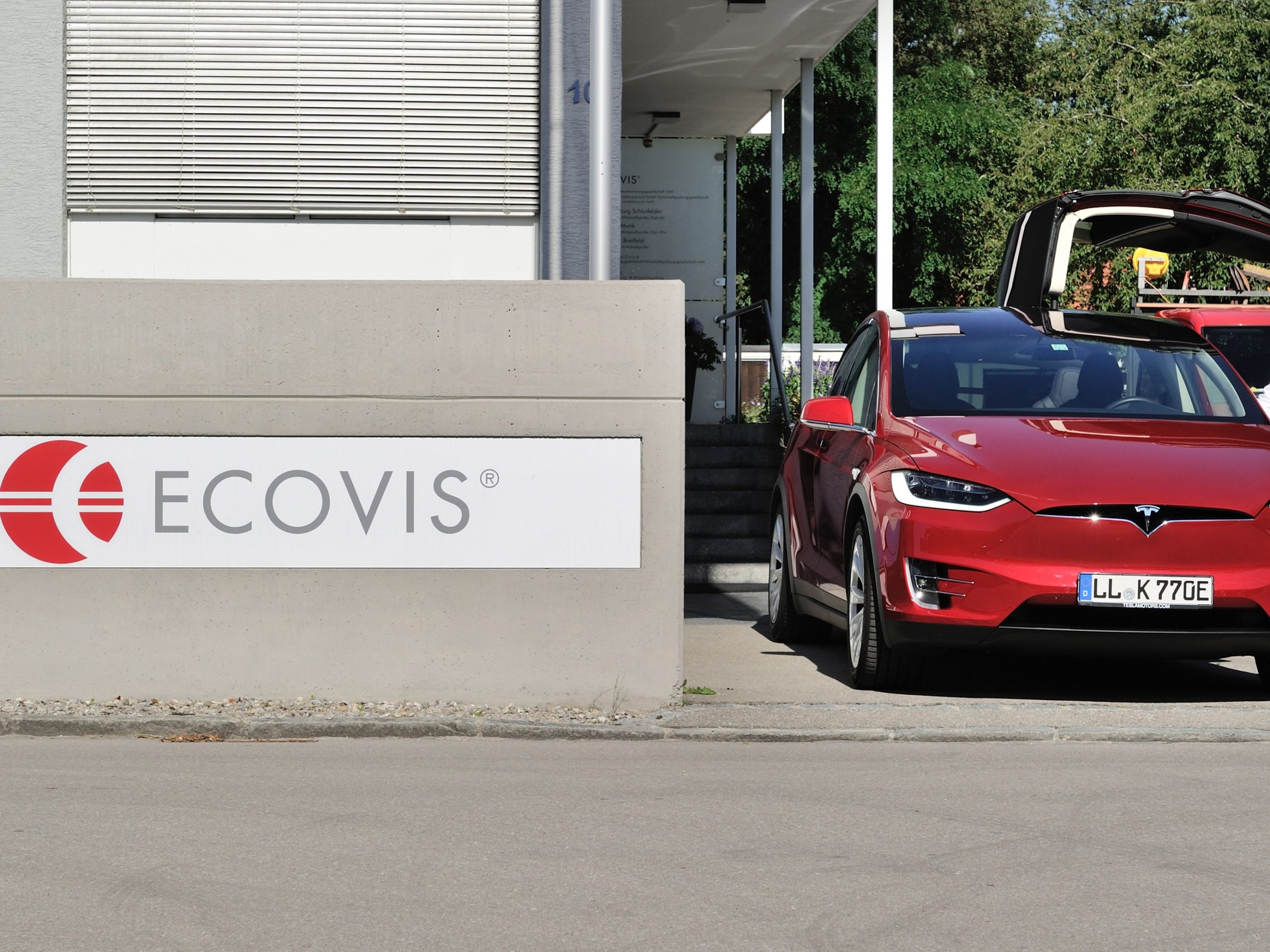Czech RoboLaw and European Union reaction to the technological progress in robotics
On 12 January 2017, the Committee on Legal Affairs of the European Parliament approved a draft of civil rules on robotics and it still stands as a strong recommendation to the European Commission to prepare its own legislative proposal on robots and artificial intelligence. As the European Commission has not yet submitted a legislative proposal, Member States will now have to make do with above-mentioned institutes of objective liability provided in current legislation.
However, the proposal is an important milestone in the development of EU legislation. Not only it defines terms as "artificial intelligence" and "robots", or create the concept of a "robot register", but in the long run it also anticipates creation of the aforementioned new entity - electronic person, who shall exist beside the natural and legal person, so that at least the most complex autonomous robots should have the status of a person responsible for its own actions, and the status of electronic person might be also useful when robots make autonomous decisions, or otherwise interact independently with third parties. Despite the general social unacceptance of this concept so far, we need to acknowledge the speed of development of advanced autonomous robots. Concept of the electronic person might be in the future the only imaginable solution.
The Committee on Legal Affairs in the draft also recommends to define cyber-phasing systems, autonomous systems, smart autonomous robots and their subcategories with the following characteristics of the so-called "smart robot" as a technology that is (i) gifted with autonomy acquired through sensors and/or data exchange with the surrounding environment (ii) able to learn from experience and interaction (facultative criterion) (iii) capable of at least partial physical support, (iv) able to adapt in its behaviour to the environment, but also fulfils the main condition of the absence of life in the biological sense of the word.
The draft mentioned above was approved despite the criticism of the term "smart robot". The main reservations originate from the allegedly reserved approach common in the Western Europe, and the fear of intelligent machines that might replace people one day, that is embedded in the European cultural environment, in contrast with the approach common in the Far East.
For more information please contact us:
ECOVIS ježek, advokátní kancelář s.r.o.
Betlémské nám. 6
110 00 Prague 1
e-mail: mojmir.jezek@ecovislegal.cz
www.ecovislegal.cz/en
About ECOVIS ježek advokátní kancelář s.r.o.
The Czech law office in Prague ECOVIS ježek practices mainly in the area of Czech commercial law, Czech real estate law, representation at Czech courts, administrative bodies and arbitration courts, as well as Czech finance and banking law, and provides full-fledged advice in all areas, making it a suitable alternative for clients of international law offices. The international dimension of the Czech legal services provided is ensured through past experience and through co-operation with leading legal offices in most European countries, the US, and other jurisdictions. The Czech lawyers of the ECOVIS ježek team have many years of experience from leading international law offices and tax companies, in providing legal advice to multinational corporations, large Czech companies, but also to medium-sized companies and individual clients. For more information, go to www.ecovislegal.cz/en.
The information contained on this website is a legal advertisement. Do not consider anything on this website as legal advice and nothing on this website is an advocate-client relationship. Before discussing anything about what you read on these pages, arrange a legal consultation with us. Past results are not a guarantee of future results, and previous results do not indicate or predict future results. Each case is different and must be judged according to its own circumstances.














